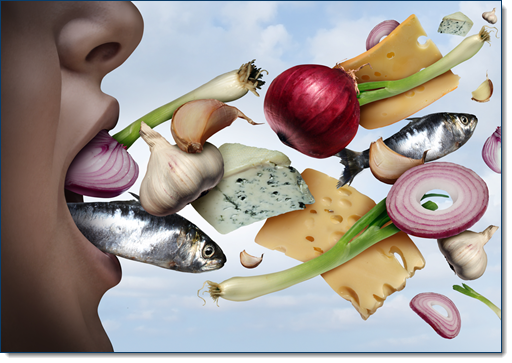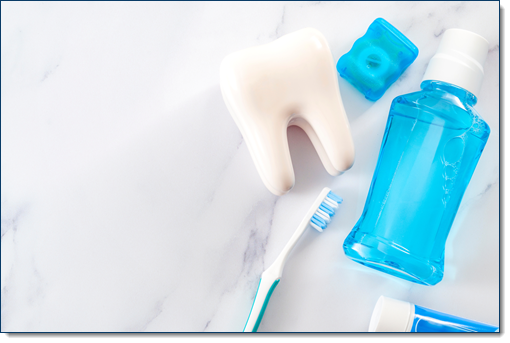Halitosis, commonly known as bad breath, can be a distressing condition affecting social interactions and self-esteem. While various factors contribute to halitosis, diet and dental care play pivotal roles in its prevention and management. Understanding how to effectively tackle bad breath through these avenues can lead to significant improvements.
Dietary Considerations for Preventing Halitosis
 Stay Hydrated: Drinking water helps keep the mouth moist and encourages saliva production, which is natural in cleaning the mouth and reducing odor-causing bacteria.
Stay Hydrated: Drinking water helps keep the mouth moist and encourages saliva production, which is natural in cleaning the mouth and reducing odor-causing bacteria.- Limit Odor-Inducing Foods: Foods like onions, garlic, and certain spices are notorious for causing bad breath. While their effects are temporary, minimizing their consumption can help, especially before social events.
- Eat Crunchy, Fresh Foods: Crunchy fruits and vegetables like apples, carrots, and celery can help clean your teeth and freshen your breath.
- Maintain a Balanced Diet: A well-balanced diet is essential for overall health and oral hygiene. Deficiencies in certain vitamins and minerals can contribute to bad breath.
- Avoid Excessive Coffee and Alcohol: Both can lead to a dry mouth, which exacerbates bad breath.
- Reduce Sugar Intake: High sugar diets can increase the amount of plaque and bacteria in the mouth, contributing to bad breath.
- Chew Sugarless Gum: Chewing gum can stimulate saliva production, helping to wash away food particles and bacteria.
Dental Care Practices to Prevent Halitosis
 Regular Brushing and Flossing: Brushing twice a day and flossing daily helps remove food particles and plaque, a sticky film of bacteria that forms on the teeth.
Regular Brushing and Flossing: Brushing twice a day and flossing daily helps remove food particles and plaque, a sticky film of bacteria that forms on the teeth.- Clean Your Tongue: The tongue can harbor bacteria that produce foul odors. Using a tongue scraper or a toothbrush to clean the tongue can significantly reduce bad breath.
- Use Antimicrobial Mouthwash: Mouthwash can help reduce bacteria in the mouth and freshen breath. However, it should not replace brushing and flossing.
- Regular Dental Checkups: Visiting a dentist regularly for checkups and cleanings helps maintain oral health and prevent conditions that may cause bad breath, such as gum disease and tooth decay.
- Quit Smoking: Smoking contributes to dry mouth, gum disease, and other conditions that cause bad breath.
- Stay Hydrated: Dry mouth, often a result of inadequate fluid intake, can lead to bad breath. Drinking plenty of water keeps the mouth moist and helps wash away food particles and bacteria.
Your Solution to Bad Breath
Preventing halitosis involves a combination of mindful dietary habits and diligent oral care. By staying hydrated, eating fresh, reducing intake of odor-inducing foods, and maintaining rigorous dental hygiene, you can effectively combat bad breath. Regular dental visits are also crucial in identifying and treating any underlying issues contributing to halitosis.

